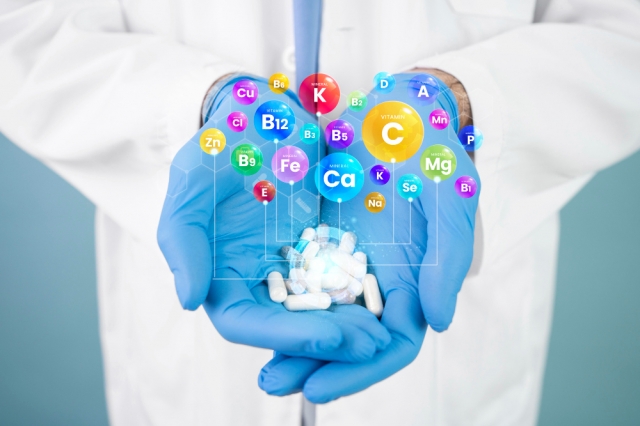Going vegan is great for the environment, and it can be wonderful for you, but that doesn’t mean it’s not a learning curve. Cutting out animal-based products from your diet or life is a topical step. You can physically do it, but what you replace those animal products with is still entirely up in the air.
In short, many vegans aren’t getting the necessary vitamins and nutrients. The good news, however, is that you don’t need to drop your vegan diet in order to be healthier. You can get the vitamins you need between unlikely food substitutes and supplements. You just need to know what vitamins and nutrients to focus on first:
1. Vitamin B12
Vitamin B12 is a very important vitamin that’s usually brought into our diets through animal products. This makes it one of the most challenging nutrients for vegans to obtain. This vitamin plays a crucial role in the production of red blood cells and also nerve function. Vegans are at a higher risk of B12 deficiency, which can lead to fatigue, nerve damage, and anemia. To ensure adequate intake, consider taking vitamin B12 supplements or consuming fortified foods like plant-based milk, breakfast cereals, and nutritional yeast.
2. Iron
Iron is vital for oxygen transport in the body and plays a key role in energy production. Although plant-based sources of iron exist, they are less readily absorbed than the iron found in meat. Vegans and vegetarians need to focus on iron-rich foods such as legumes, tofu, spinach, and quinoa. Iron absorption can be enhanced by consuming vitamin C-rich foods alongside iron sources. For example, squeeze lemon juice over your iron-rich salad or pair your lentils with a side of bell peppers.
3. Calcium
Calcium is essential for strong bones and teeth. While dairy products are often associated with calcium, there are plant-based alternatives available. Fortified plant milk, tofu, tempeh, and dark greens like collard greens or, more famously, kale are all great sources of calcium for vegans. Additionally, consuming calcium-fortified foods like orange juice or including calcium-set tofu in your meals can help meet your daily calcium requirements.
4. Iodine
Iodine is another critically important vitamin that many people, not just vegans, don’t get enough of. It’s essential for a properly working thyroid and also plays a crucial role in metabolism and growth. Seafood and dairy products are commonly associated with iodine, but vegans can obtain it from iodized salt or sea vegetables like nori or kombu. You can even get an iodine tincture and ingest it that way. However, it’s important to be mindful of iodine intake, as excessive amounts can be harmful. If using a tincture, for example, place it on the skin. The body will then only absorb what it needs, and the rest will stay on your skin.
5. Zinc
Zinc is involved in various enzymatic reactions in the body and contributes to a healthy immune system. While red meat is a significant source of zinc, vegans can obtain this nutrient from plant-based sources like legumes, nuts, seeds, and whole grains. Soaking, fermenting, or sprouting these foods can enhance zinc absorption. If necessary, zinc supplements can be taken under the guidance of a healthcare professional.
6. Omega-3
Omega-3 fatty acids, particularly EPA and DHA, are essential for brain health and reducing inflammation. While commonly found in fatty fish, vegans can obtain omega-3s from plant sources like flaxseeds, chia seeds, walnuts, and algae-based supplements. You can also take supplements, though be careful, as many of these options do include fish oil. Instead, add those seeds to your daily diet as a topping in salads or in your meals for some much-needed added crunch.






